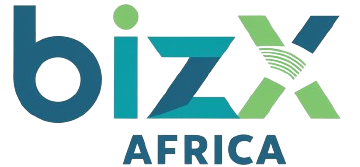The importance of registering your business with the Companies and Intellectual Property Commission (CIPC) in South Africa cannot be overstated. Not only is it a legal requirement under the Companies Act, but it also plays a crucial role in protecting your intellectual property rights. By registering with CIPC, you ensure that your business operates within the boundaries of the law and your intellectual assets such as trademarks, patents, designs, and copyrights remain secure. Compliance with CIPC regulations not only helps you avoid penalties and legal consequences but also enhances your business’s credibility and legitimacy. Moreover, it opens doors to various business opportunities, tenders, and contracts that require proof of compliance.


